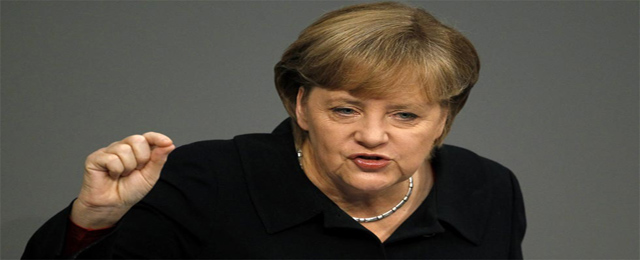In a recent newspaper essay with the imploring title “We Germans don’t want a German Europe”, published simultaneously in Great Britain, France, Poland, Italy and Spain, Wolfgang Schäuble denies Germany is striving for political leadership in the European Union in 2013. Schäuble, who with Labour Minister Ursula von der Leyen is the last of the West-German style “Europeans” left in Merkel’s cabinet, speaks out of conviction. He is anything but a revisionist who would undo Germany’s integration in Europe and destroy the basis for the stability of the postwar order. He knows the problem whose return is something that we Germans must fear.
After the establishment of the Empire in 1871, Germany took a disastrous, semi-hegemonic position in Europe. In the familiar words of [German historian] Ludwig Dehio, “too weak to dominate the continent, but too strong to be reined in within it”. This [halfway stride across the continent] also opened the way to the disasters of the 20th century. Thanks to the success of European unification, neither the divided nor the united Germany could stumble back into the old dilemma. It is obviously in the interest of the Federal Republic that nothing should change. But is the situation today not different?
Imposing the agenda
Wolfgang Schäuble is responding to a current threat: he himself, indeed, is that threat, as the man who is forcing through Angela Merkel’s stubborn course in Brussels and noticing the cracks that could split apart the core of Europe. He is the one, meeting with eurozone finance ministers, who runs up against the resistance of the “recipient” countries when he once again blocks attempts at policy change. Standing in the way of a banking union that would spread the cost of winding down the ailing banks across the European Union is only the most recent example.
*Read the rest of the article here.






Be the first to comment on "Germany’s Role in Europe: A Sleeping Beauty"